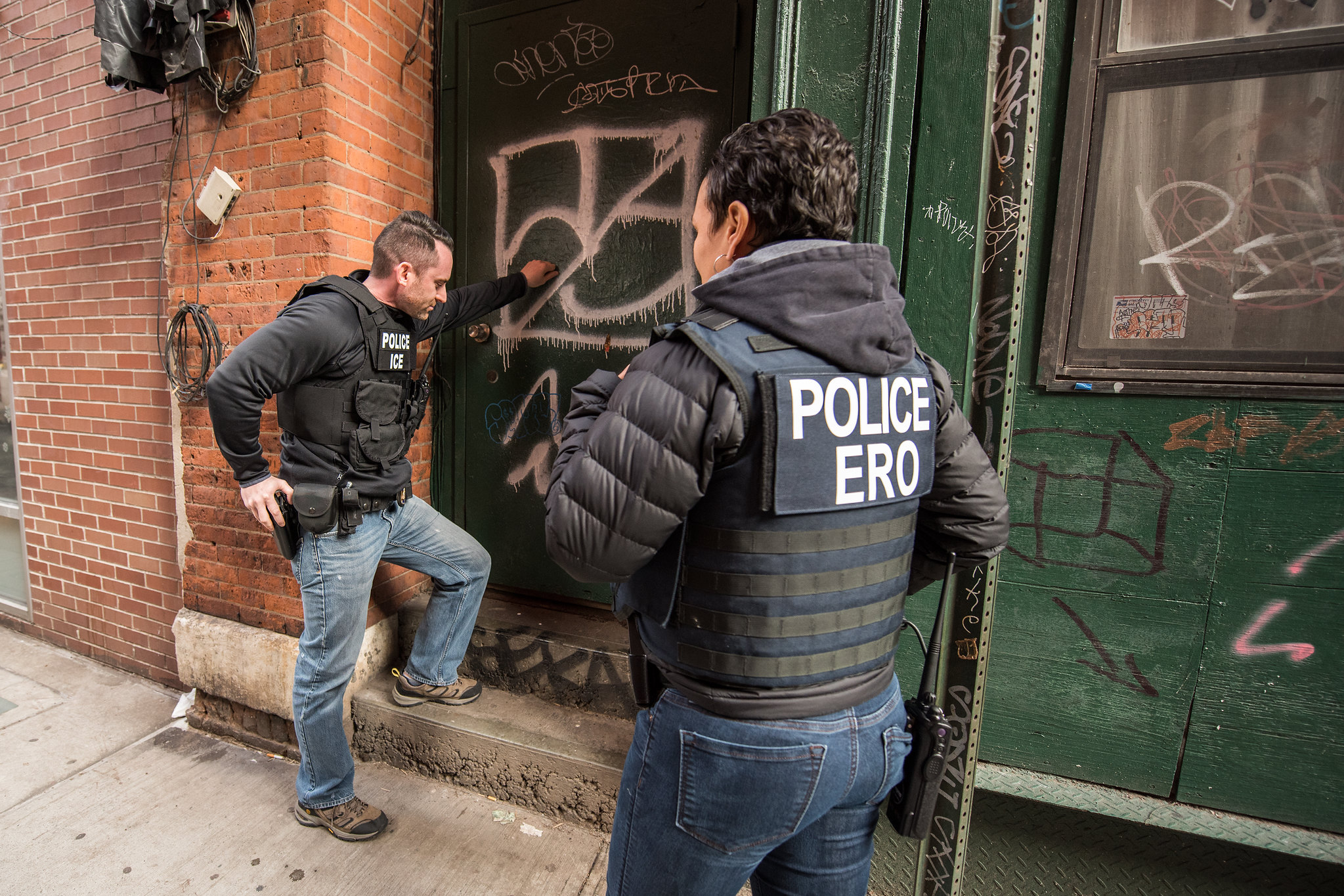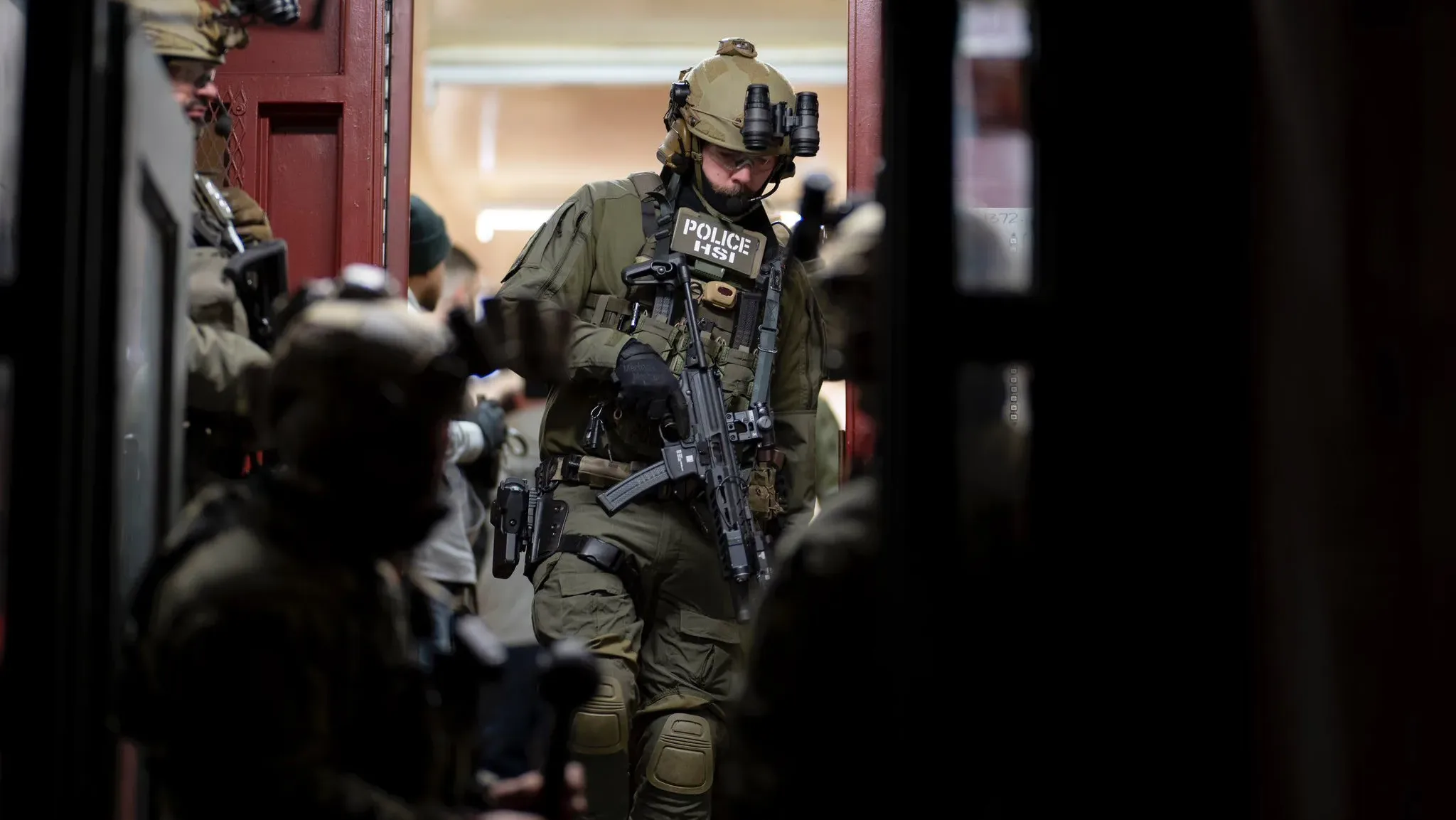A new pilot program targeting prison parolees who ride public transit may be rolling out, with the New York State Department of Corrections and Community Supervision working hand in hand with the NYPD. The goal? Reducing crime on the subway.
A source within DOCCS is criticizing the program, saying it’s a waste of resources and calling it “Stop and Frisk 2.0” because parolees in New York City are not barred from mass transit. Instead of helping the formally incarcerated reenter society, a policy such as this may only further push them into the margins, the source said.
DOCCS Deputy Commissioner Marco Ricci sent an email on Jan. 27 to DOCCS staff announcing plans to implement the new initiative called TRAIN, or the Trainist Recidivist Awareness Initiative. The email, which was shared with Documented, stated that TRAIN aims to “combat occurrences of new criminal activity in the subway system.” It also stated that the program’s goal is to ultimately restore “public confidence in the safety of the NYC public transit system.”
According to a source within DOCCS, who spoke on the condition of anonymity, the rationale for the program is to make it appear that the state is taking crime on the subway seriously. Despite high-profile media reports and statements from elected officials to the contrary, crime in the NYC subway system has decreased in 2024, not increased, according to NYPD data. The subways have been statistically safer over the past five years than they were in 2011.
The email further explains that DOCCS staff will coordinate with NYPD and be sent to specifically assigned subway stations across the five boroughs to track parolees who are wearing GPS monitors. Monitors are usually reserved for parolees who were convicted of violent crimes like domestic violence, crimes involving a gun, or sexual abuse.
When a parole officer determines that a parolee has entered a station through GPS tracking, the officer will be required to “interview, surveil, and/or search any parolees they encounter,” according to the email’s guidelines. And if a parolee is observed “committing a crime,” parole officers are empowered to “take action to issue warrants for new criminal behavior/delinquent behavior.”
Also Read: Trump’s Executive Orders Create a Hostile Environment for Immigrant Communities
Generally, parole officers are not required to have a warrant to search a parolee as they are technically still under state-supervised release. Currently, DOCCS employs 834 community supervision staff members, including parole officers, to supervise approximately 49,747 parolees living in New York.
“This is basically hunting people,” the source told Documented. “This is a form of harassment and it’s a waste of time.” He shared that many of the parole officers who have learned of the program are opposed to it, adding that instead of tackling the root cause of subway crime, DOCCS is being used as an enforcement tool to target parolees who are majority Black and Latino.
“This is a way to use parolees to circumnavigate ‘Stop and Frisk’ which has been deemed illegal,” the source said.
Stop and Frisk was an unconstitutional policy by the NYPD of detaining, questioning, and searching people in the street. The policy was deemed racist because it disproportionately targeted Black and Latino communities. Although police have long used it as a tactic, it grew more widespread under the Bloomberg administration.
Black people and Latinos are disproportionately incarcerated in New York City, as a recent report from the John Jay College of Criminal Justice notes that despite only making up 53% of the city’s population, Blacks and Latinos make up 90% of those behind bars.
The source also said that TRAIN would put further strain on parole officers, who are already struggling with chronic underfunding and high caseloads. Despite the program being announced to parole officers internally, they have not been given any further directives regarding what they’re supposed to be doing while waiting for parolees to pass through a given station.
“If the purpose of parole is to try to rehabilitate people, how is this program going to do that?” the source said. “This is New York City, you can’t tell people to not use the subway.”
TRAIN can also put undocumented parolees at further risk of deportation if caught committing a crime on the subway. Currently, the federal State Criminal Alien Assistance program issues billions of dollars in grant funding to DOCCS for housing and assisting in the deportation of New York State inmates. As Documented recently reported, undocumented inmates released from prison were often transferred to U.S. Immigration and Customs Enforcement (ICE) detention facilities for deportation.
Also Read: Released and Deported: How New York Prisons Collaborate with ICE
Before 2020, DOCCS would illegally hold undocumented inmates past their release date to accommodate ICE. When the practice came under legal scrutiny, the State Attorney General announced that DOCCS would no longer be allowed to hold undocumented inmates past their release date.
Now, with TRAIN, undocumented inmates released on parole could be at risk for reincarceration or even deportation if they are caught committing “delinquent behavior” on the subway. It is unclear what that would constitute.
The New York Civil Liberties Union (NYCLU) criticized TRAIN as a possible violation of the Fourth Amendment of the Constitution which prohibits unreasonable searches and seizures, as well as the 14th Amendment which protects due process of law. In 2013, the NYCLU successfully sued the city which helped diminish the use of the NYPD’s Stop and Frisk policy.
“People on parole and supervised release have the right to ride the subway system just like everyone else, without fear that they are going to be harassed, searched, and followed by parole officers,” said Daniel Lambright, special counsel for Criminal Justice Litigation at the NYCLU. “People who are returning from incarceration need to be welcomed back into society, not made to feel like second-class citizens. If implemented, this misguided program is more security theater that raises significant constitutional concerns regarding search and seizure and due process.”
Neither DOCCS nor the NYPD responded to Documented’s request for comment.














